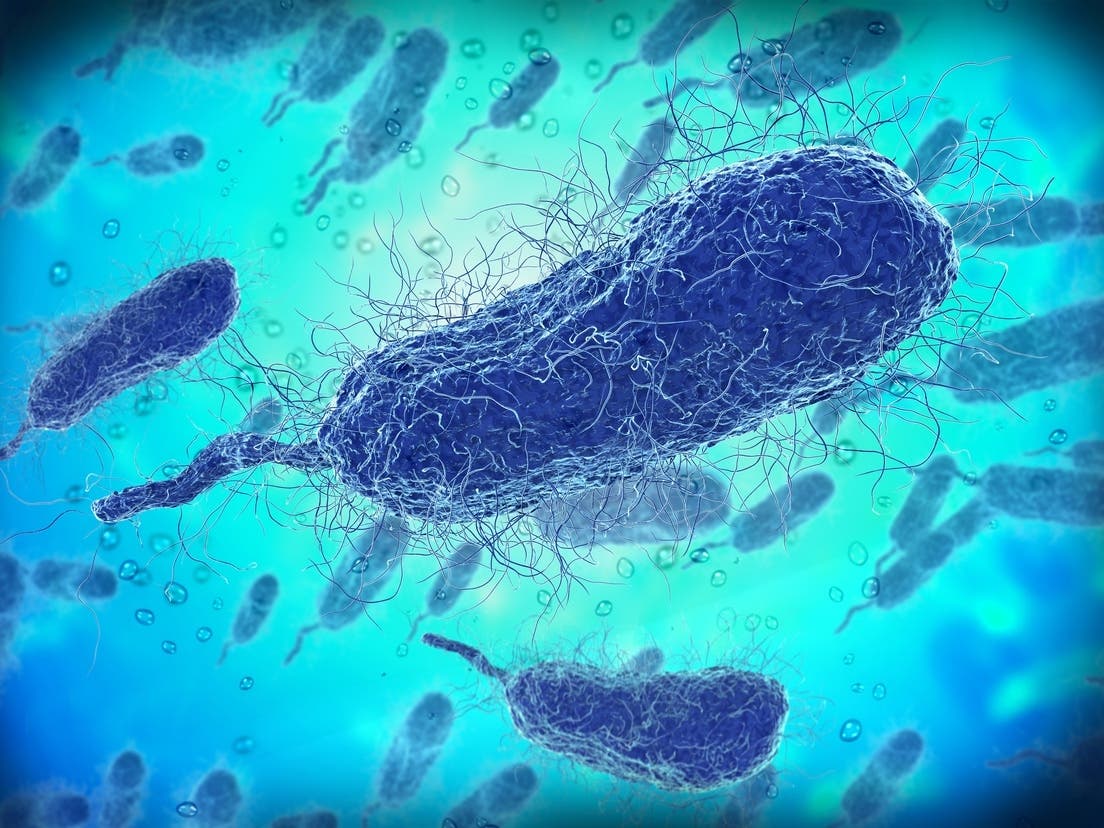Infection
PA Resident Contracts Deadly Flesh-Eating Bacteria: Health Officials
PENNSYLVANIA — There is a confirmed case of the flesh-eating bacteria Vibrio vulnificus in Pennsylvania, as health officials warn of the rare infection’s deadly impacts.
Vibrio infections are commonly associated with eating raw or undercooked oysters and other seafood, but also occur when people with open wounds or cuts come in contact with seawater or brackish water where the bacteria are present, according to the U.S. Centers for Disease Control and Prevention.
People infected by the Vibrio vulnificus bacteria often require intensive care or limb amputations, and about one in five die, often within a day or two of becoming ill, according to the CDC.There is no evidence for person-to-person transmission of Vibrio vulnificus, added the Pennsylvania Department of Health.
Health officials did not indicate if the person in Pennsylvania with a confirmed case of Vibrio had to go to the hospital. Officials also did not indicate their age, or when the infection was diagnosed.
Three people in all were hospitalized in Connecticut after becoming infected. Two of the three Vibrio vulnificus infections reported in that state were wound infections not associated with seafood. The third infection was a Connecticut resident who consumed raw oysters at an out-of-state establishment.
People at greatest risk for illness from the infection are those with weakened immune systems and the elderly. Some Vibrio vulnificus infections lead to necrotizing fasciitis, a severe infection in which the flesh around an open wound dies, inspiring the “flesh-eating bacteria” moniker. The necrotizing fasciitis can be caused by more than one type of bacteria, according to the CDC.
Signs and symptoms of Vibrio vulnificus infection can include:
- Watery diarrhea, often accompanied by stomach cramping, nausea, vomiting, and fever.
- For bloodstream infection: fever, chills, dangerously low blood pressure, and blistering skin lesions.
- For wound infection, which may spread to the rest of the body: fever, redness, pain, swelling, warmth, discoloration, and discharge (leaking fluids).
The CDC suggests following these precautions:
- Don’t eat raw or undercooked oysters or other shellfish.
- If you have a wound (including from a recent surgery, piercing, or tattoo), stay out of saltwater or brackish water, if possible. This includes wading at the beach.
- Cover your wound with a waterproof bandage if it could come into contact with salt water, brackish water, marine life, or raw or undercooked seafood and its juices. This contact can happen during everyday activities, such as swimming, fishing, or walking on the beach.
- Wash wounds and cuts thoroughly with soap and water after they have contact with salt water, brackish water, marine life, raw seafood, or its juices.
Besides occurring naturally in warm coastal waters, Vibrio vulnificus infections have also been associated with hurricanes, storm surges and coastal flooding.
Patch’s national desk contributed to this report.

